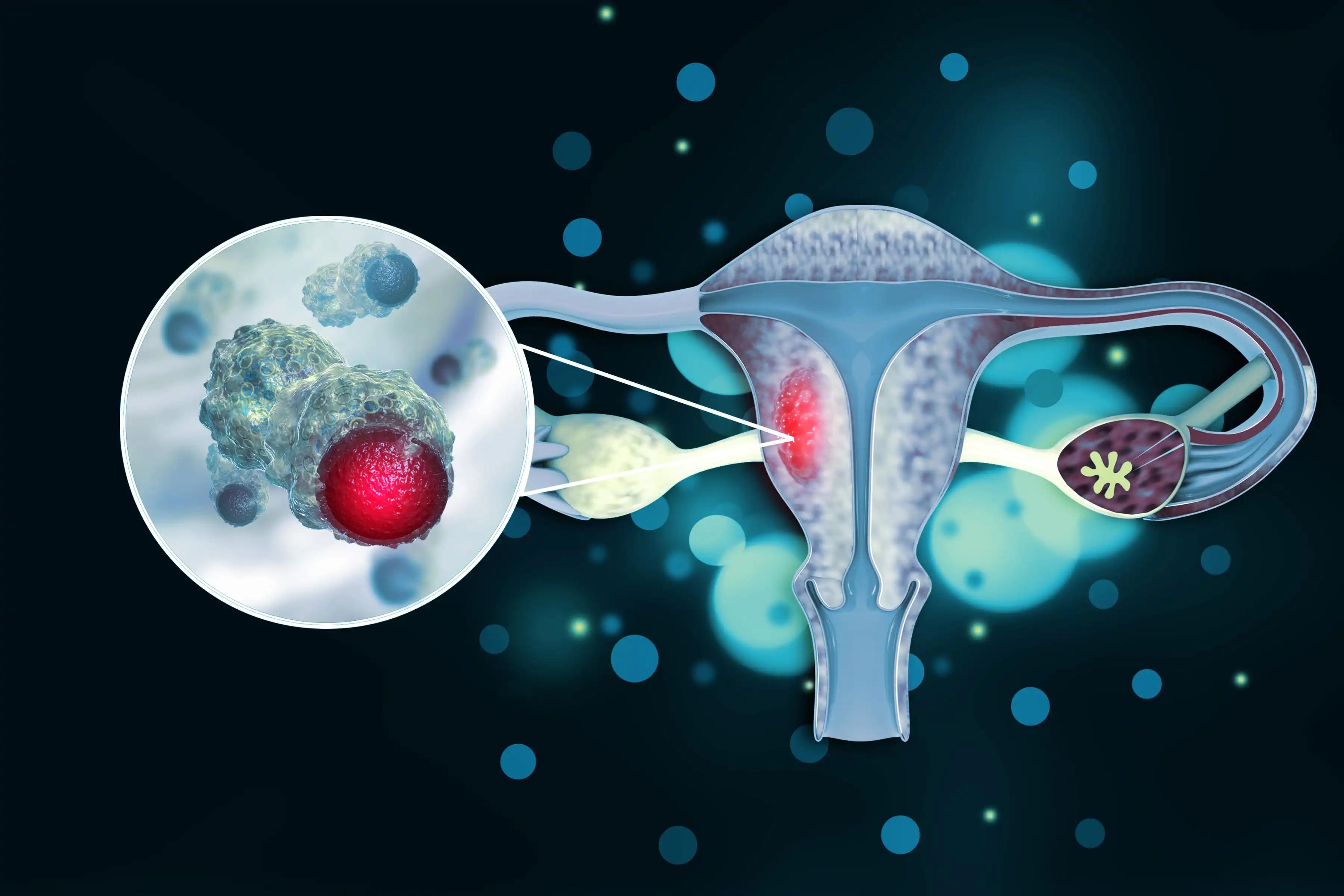KEY TAKEAWAYS
- The study aimed to compare sexual function and treatment outcomes between LEEP and thermal ablation for high-grade cervical precancerous lesions.
- Researchers noticed differential impacts on sexual function between thermal ablation and LEEP, highlighting the need for further research.
The prevention of cervical cancer (CC) can be achieved by treating high-grade cervical precancerous lesions. Treatment options for cervical precancer include excisional procedures and ablation treatments. Despite the long pre-invasive course of the disease, literature addressing sexual function post-treatment for cervical pre-invasive lesions is scarce.
Anupama Bahadur and the team aimed to bridge this gap and assess the sexual function and the acceptability, efficacy, safety, and complications of loop electrosurgical excision procedure (LEEP) versus thermal ablation.
They performed an inclusive analysis, conducting a prospective open-label randomized controlled trial recruiting women aged 22-55 with histologically confirmed Cervical Intraepithelial Neoplasia (CIN) 2 and 3 lesions.
Participants were randomly allocated to either thermal ablation or LEEP. All cases were followed up with a Pap smear at 3 and 6 months post treatment. Sexual health assessments were conducted using a questionnaire at baseline and 3 months post-procedure. Secondary outcome measures included comparison of acceptability, pain, and side effects between the two treatment measures.
About 1356 screened cases were narrowed down to 60 participants, who were then randomized into two groups with similar baseline characteristics. The duration of LEEP was 25.33 minutes compared to 20.67 minutes for thermal ablation. Higher pain levels were reported 10 minutes post-procedure in the LEEP group. Three months post-procedure, both groups exhibited comparable acceptability and symptom relief. Sexual function parameters significantly improved in the thermal ablation group compared to LEEP, including satisfaction, desire, lubrication, flexibility, and ability to reach climax.
The study concluded that both LEEP and thermal ablation are effective treatments for CIN, demonstrating similar efficacy at 6 months. Thermal ablation showed advantages in procedure time and post-procedural pain. However, it had varying effects on sexual function, notably improving satisfaction and desire.
In contrast, LEEP resulted in decreased satisfaction and potential alterations in lubrication and flexibility. Larger-sample, longer-term studies are recommended for further insights into these treatment modalities.
No funding information was given.
Source: https://pubmed.ncbi.nlm.nih.gov/38809642/
Bahadur A, Mahamood Mm M, Heda A, et al. (2024). “Comparison of Sexual Function after Thermal Ablation Versus Loop Electrosurgical Excision Procedure (LEEP) for Cervical Intraepithelial Neoplasia (CIN 2 and 3): A Randomized Controlled Trial.” Asian Pac J Cancer Prev. 2024 May 1;25(5):1699-1705. doi: 10.31557/APJCP.2024.25.5.1699. PMID: 38809642.



